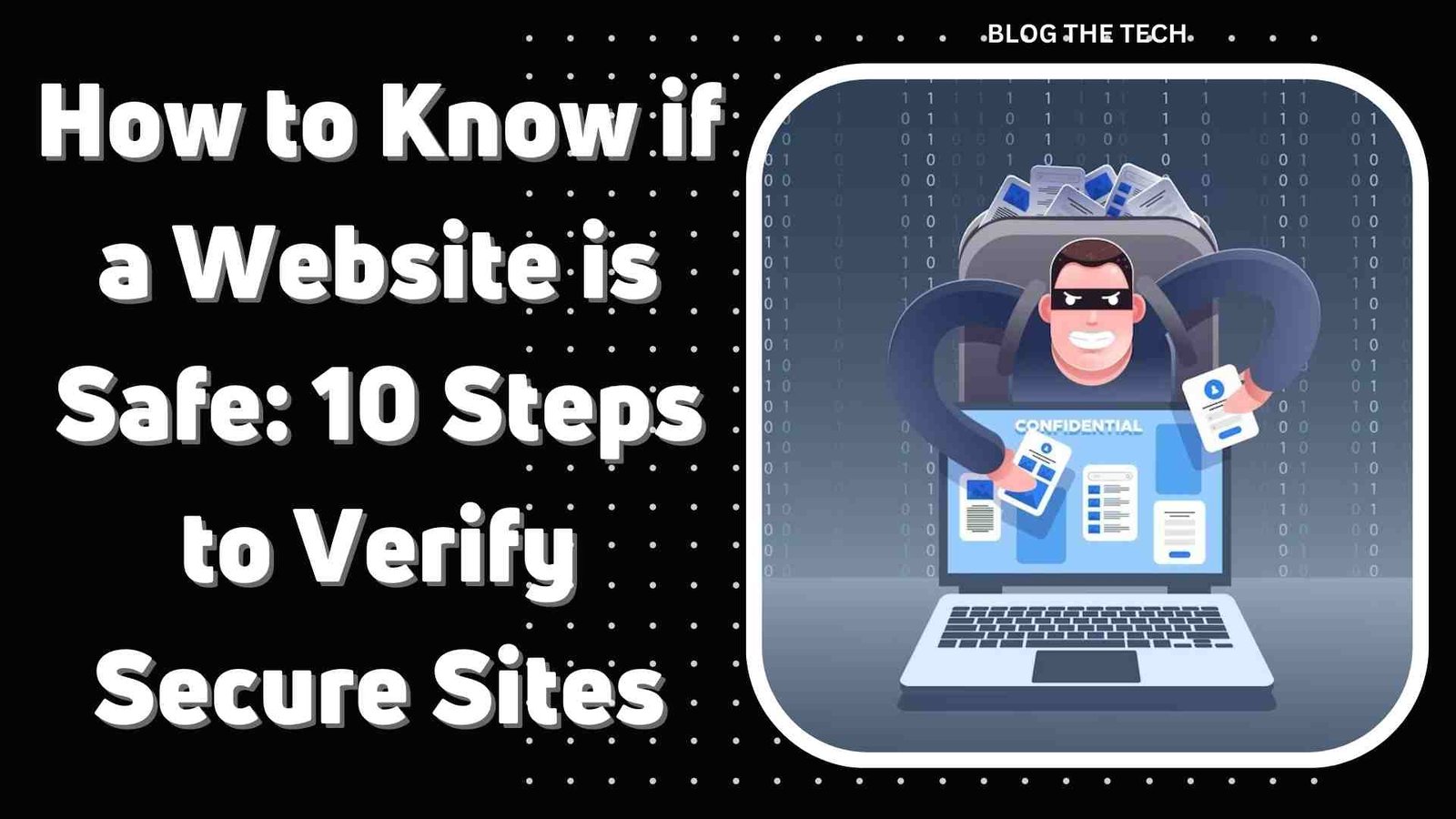There is no way to be 100% sure if a website is safe on the internet. Even if a website is perfectly sound and legitimate tomorrow, it could be sold to Nigerian pirates tomorrow and all your user information could be circulating the gambling websites right now (they use your information to apply for first-time or signup bonuses). Nevertheless, here are a few modern methods for figuring out if a website is safe and legitimate.
10 Steps to Know if a Website is Safe
By the end of these 10 lists, you can now confirm whether a website is safe or not.
Where Did You Find It?
Perhaps one of the worst ways to get to a website is through an email link. The second most dangerous is through a clicked advertisement. Directly enter your website domain name or search for it on Google and go from there.
Try A Reputation Scanner
There are websites and web browser extensions from companies like Web Paranoid that are able to detect scammers based on several key indicators. Plus, they have teams working day and night to sort the real from the legitimate. They operate the same way that virus-checking companies do. They search for threats and guard against them before too many people are affected.
How Popular is The Website?
A very popular website like Amazon is more likely to be legit than a website that is scarcely attended. This doesn’t mean you should only trust the big conglomerates, but it does mean you have to keep your guard up around smaller companies and newer websites.
Does it Have its Share of Negative Reviews?
Online scammers know all the tricks because they read articles like this. However, something they keep missing is that real businesses don’t just have five-star reviews across the board. They often have a mixture of five, four, and three stars. If the website has hundreds of positives and very few (if any) negative reviews, then there is something amiss. Also, read the negative reviews and if they all say similar things, then there is a genuine problem with the website.
Do You Know People Who Use The Website?
Just like searching for an insurance broker, you should ask your friends if they use the website you are looking at. They are probably going to give you an honest answer and may have even been burned themselves.
Ask People On Social Media
If you are still unsure about a website, ask semi-strangers on social media if they have used a website. If the website has given somebody the royal screw-job, then they will not be shy when it comes to trashing them on social media.
Does Your ISP or Search Engine or Web Browser Give Warnings
These days, you will see malicious websites being blocked by your internet service provider, your web browser or your search engine. Now, it is true that these entities also silence the websites they don’t like, but if you are given a warning, then perhaps proceed with caution.
Try Out The Website in a Small Way
Can you run a free trial or make a very small purchase using a credit card? Trying out the website in a small way may allow you to judge the quality of the website and ergo the legitimacy and trustworthiness of the website.
Let Experience Be Your Guide
Over time, you are going to learn from experience because online scammers are always evolving new ways to screw people over. For example, did you know that people using Google’s YouTube advertising are able to overtly use Elon Musk and Mr. Beast’s names in their ads, making them look like real endorsements from celebrities? It is easy to be scammed if you are not careful.
Stop Following Online Advice
Scammers are well aware of all the things you are doing to try to spot their fake websites. That is why they give real addresses on their website, it is why they use SSL, it is why they use real domain names, and pay for social media followers and active members. They stay one step ahead of the people trying to detect their scams, so treat online tips with skepticism because they are often behind the times.

